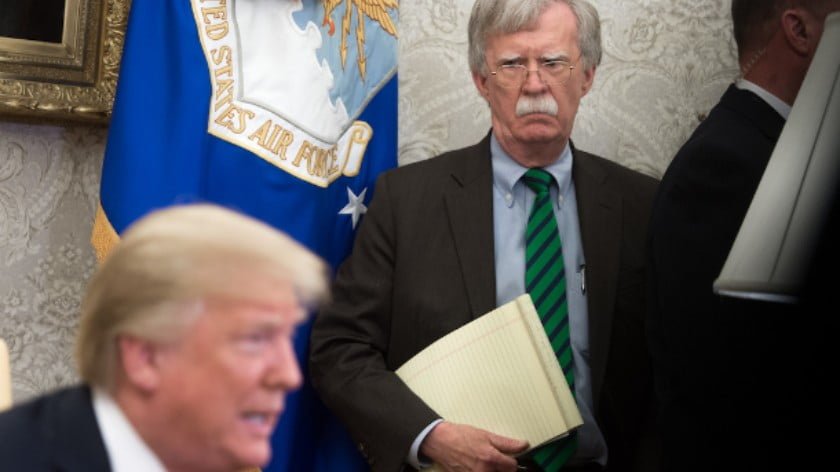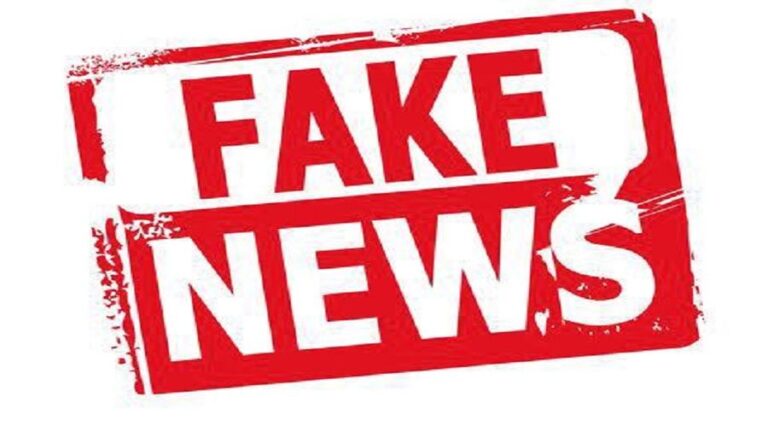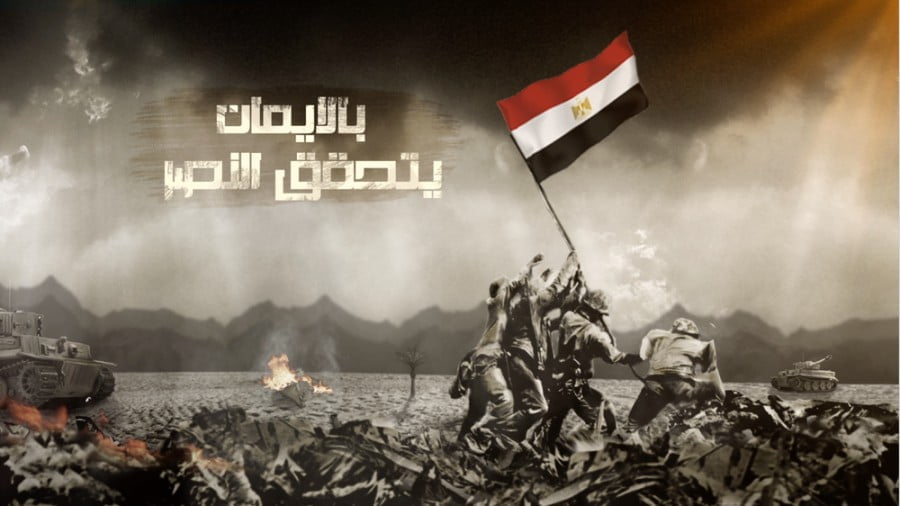Turkey’s Erdogan Hastens One-Man Rule After Syria Victory
Turkey’s President Recep Tayyip Erdogan today surprised regional politics and financial markets by calling snap elections on June 24, consolidating one-man rule in what used to be the region’s lone democracy. The Turkish lira rose sharply on the news, from 5.08 lira per euro to less than 5 per euro at this writing. Money in the Middle East flows in the direction of political power, and Erdogan has emerged from the scramble in Syria as the co-hegemon of the region along with Iran, with Russia acting as arbiter between the two powers.
Last Friday’s missile strike on Syria by the United States, Britain and France was a minor distraction from the central fact on the ground: America plans to remove its small contingent of special forces from Syria, and has sacrificed its erstwhile Kurdish allies in order to appease Turkey. The attack on Syrian Army installations gave America a face-saving flourish to distract attention from an ignominious march out of the region. Although Washington has signaled its intention to put pressure on Iran, the de facto division of Syria between Iran and Turkey leaves the Islamic Republic in a stronger position. This increases the likelihood of a war between Israel and Iran.
The early June elections, moved up from November, will almost certainly give Erdogan a mandate for one-man rule, following the April 2017 constitutional referendum. Power will be concentrated in the Turkish presidency, the office of prime minister will be eliminated, and the power of the Turkish parliament substantially reduced.
Erdogan declared, “It has become a necessity for Turkey to overcome uncertainties as soon as possible amid developments of historical importance in our region as well as the cross-border operation we’re carrying out in Syria.” The US had armed and trained Kurdish militias to fight ISIS, but Turkey’s threat to leave NATO persuaded Washington to abandon the Kurds and allow the Turkish Army to invade northern Syria and push the Kurds out of key positions. “Nobody wants to be the guy who lost Turkey,” observed one White House official.
Only a week ago, Erdogan appeared at risk, with the Turkish lira trading at all-time lows against the dollar and Euro. Turkish stocks fell sharply, because the cost of servicing Turkey’s US$220 billion in foreign corporate debt rises as the value of the local currency falls. Turkey depends massively on short-term money flows from foreign investors, including interbank loans from Gulf State banks. Saudi Arabia wants to limit Iran’s influence in Syria — the kingdom has even raised the (unlikely) prospect of sending its own troops to the country — and has nowhere to go except to Ankara to exercise influence in the Levant. It will have to pay for the privilege in financial support for Turkey, whose current account deficit stands at 5%-6% of GDP.
Turkey meanwhile has offered a backstop for Iran’s crisis-ridden national currency, in the form of a new trade financing vehicle denominated in Turkish lira and Iranian rial rather than the dollar or euro. Iran’s rial collapsed to more than 62,000 to the US dollar in unofficial trading last week, forcing the Iranian government to suspend foreign trade transactions, effectively shutting off imports of key industrial goods.
The Central Bank of Iran announced that it would offer the first Letter of Credit to finance bilateral trade in local currencies, after the two countries agreed to a foreign-exchange swap line in lira and rial. Sanctions against Iran restrict the country’s access to the global banking system, but the new arrangement with Turkey will provide a buffer: Turkey can use hard currency to import goods that Iran wants and re-export them to Iran in return for local currency that in turn will pay for energy imports from Iran. The impact of the local-currency Letter of Credit is likely to be small, but of more than symbolic importance. Turkish banks have helped Iran to evade sanctions for years, including US$1 billion of Iranian oil revenues laundered through Turkey’s Halkbank. US Federal prosecutors convicted a Halkbank executive in January, but Erdogan now feels sufficiently powerful to provide open financial backing for the beleaguered regime in Tehran.
Without allied forces on the ground, Washington has no say in Syria, and reduced leverage with Iran. President Trump’s new national security adviser, John Bolton, who started on April 9, has called for regime change in Iran. Objectively speaking, Iran is ripe for regime change; the currency has collapsed, the financial system is in disarray, and core constituencies of the Islamist leadership have taken to the streets to protest economic conditions, as was written in Asia Times last January. But the Iran Revolutionary Guard Corps forms a state within the state, with unrestricted access to economic resources and its own business empire. Nothing short of a humiliation of the IRGC would shake the regime, and the IRGC’s position in Syria is stronger than ever.
Angelo Codevilla, a senior US intelligence official during the Reagan Administration, warned in an essay published today on the American Greatness website:
“Iran is the main beneficiary of the last stages of the Syrian civil war. Already having reduced Shia-dominated Iraq to satellite status, having done virtually the same to Lebanon through Shia Hezbollah, and now being the executor of Russia’s protectorate over Alawite rump-Syria, it is engaged in maneuvers vis à vis Turkey and the Kurds to secure the last link of its power from Central Asia to the Mediterranean. Due partly to the resources that the Islamic Republic gained from the Obama Administration’s nuclear deal, Iran’s growing influence and armament are weighing against U.S. interests and threatening a war with Israel likely to involve America. Yet U.S. foreign policy, in deference to Germany, France, Britain, as well as domestic interests, continues the ‘deal,’ strengthening Iran’s hand. But bombing buildings in Damascus gives Washington a warm feeling.”
Codevilla shares this writer’s skepticism about the provenance of the recent chemical weapons attack on the Syrian town of Douma, if there was indeed an attack at all. He argues, “In the aftermath of the late strikes, US spokesmen gloried in having ‘sent a signal.’ That signal, however, was one of unseriousness. Real sanctions would need no hype. To stop hurting ourselves, it should be even easier to cease to treat Turkey as an ally, in word and in deed, so long as it is ruled by Erdogan […] The Kurdish people, who live from the Mediterranean shores to the Iranian plateau, are America’s only remaining strategic asset east of Israel.”
Israel now faces the possibility that Iran will establish a de facto border with the Jewish State, a circumstance which the Israel government has said it cannot allow. Iran’s proxy Hezbollah already has over 100,000 missiles in an arsenal directed at Israel, but the Lebanese Shi’ite militia is vulnerable to a massive Israeli counterstrike. If Iranian regulars occupy Syria close to Israel’s border, Israel will face debilitating rocket attacks that are far more difficult to suppress.
Israel and Iran already are engaged in a low-intensity war of sorts. The Wall Street Journal reported April 17 that Israeli warplanes struck an Iranian anti-aircraft battery in Syria in order to stop Iran from restricting Israel’s freedom of movement in Syrian airspace. Israel reportedly informed Washington before the attack. “Iran has threatened to hit back at Israel, which is bracing for a wider clash with Tehran. A protracted confrontation between the two Middle East rivals could create a dangerous new dynamic in Syria, where Mr. Trump is looking to extricate American forces from a convoluted conflict that shows no signs of coming to an end soon,” the newspaper commented.







